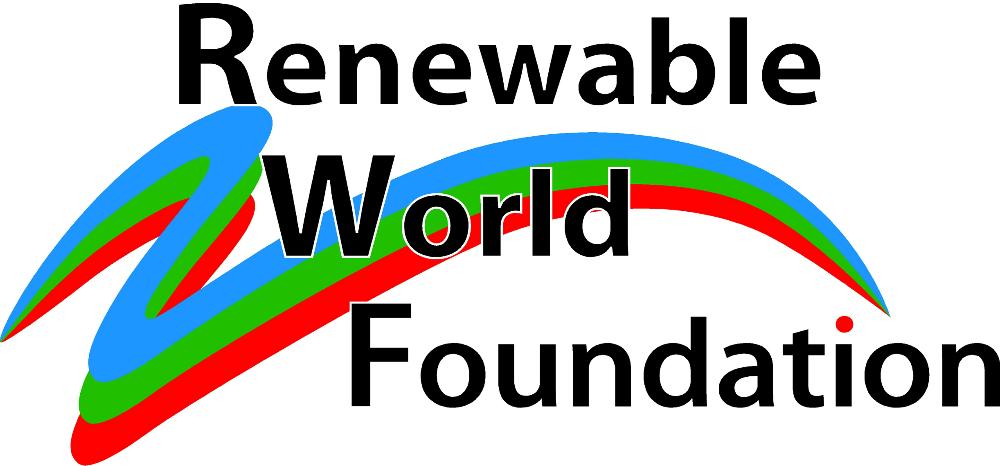The Renewable World Foundation is a nonprofit organization that offers unique educational programs with a focus on energy and environmental conservation. Every year the RWF sponsors an outdoor youth group known as the High Adventure Crew 9570 that gives kids ages 13 and up the opportunity to explore the outdoors through canoeing, backpacking and biking trips across the United States, and as far as Scotland. Through these trips, High Adventure teaches leadership, environmental conservation and stewardship, and low impact camping, and fosters the development of self-confidence, new friendships, outdoor skills, and the ability to cope with high-stress situations. Each trip is of reasonable cost; most range from $350-$500, and while participants are given a list of their own supplies to bring, gear like tents and backpacks are provided by the organization.
Along with the High Adventure Crew, Renewable World Foundation also visits schools throughout the Midwest to teach about electricity and magnetism through hands-on demonstrations that include a Van de Graaff generator, Jacob’s ladder, and Tesla coil. These in-class programs also teach high voltage safety, scientific procedure, and invasive species control.
RWF also educates students on energy, both through classroom demonstrations and by taking classes to visit hydroelectric dams in Michigan, Wisconsin, Illinois and Iowa where they learn about water, boating and electrical safety. In the classroom, photovoltaic cells, wind energy, bidirectional energy flows, energy metering, energy storage and energy use by old versus new lighting are discussed and demonstrated, with a common favorite among students being the “energy bike,” which gradually lights up a panel of colored bulbs the more a student pedals it.
In partnership with the National Park Service, RWF also provides students with the chance to participate in the Isle Royale Education Program. Each year, the National Park Service allows RWF to bring a typical classroom-sized group from Grand Portage, Minnesota, across Lake Superior to the island, where they learn about renewable energy, environmental stewardship, earth science and history through hands-on activities. National Park Service and Isle Royale Institute staff also teach students about the relationship between human and natural systems, and RWF staff help students learn the basics of water filtering, outdoor cooking and “leave no trace” camping ethics. Self-sufficiency is a requirement for students participating in the IREP program, and everything that is brought to the island must be packed out.
High Adventure also has its own Isle Royale trip, but numbers are decreasing every year and many who would participate otherwise are unable to afford the trips. As a result of this, RWF has set up a page for donations on its website (renewableworldfoundation.org) where people can choose a High Adventure trip to add grant money towards. RWF believes that all youth should have the chance to explore the wilderness, and by giving them the opportunity to do so hopes to create new leaders in energy and environmental protection.





